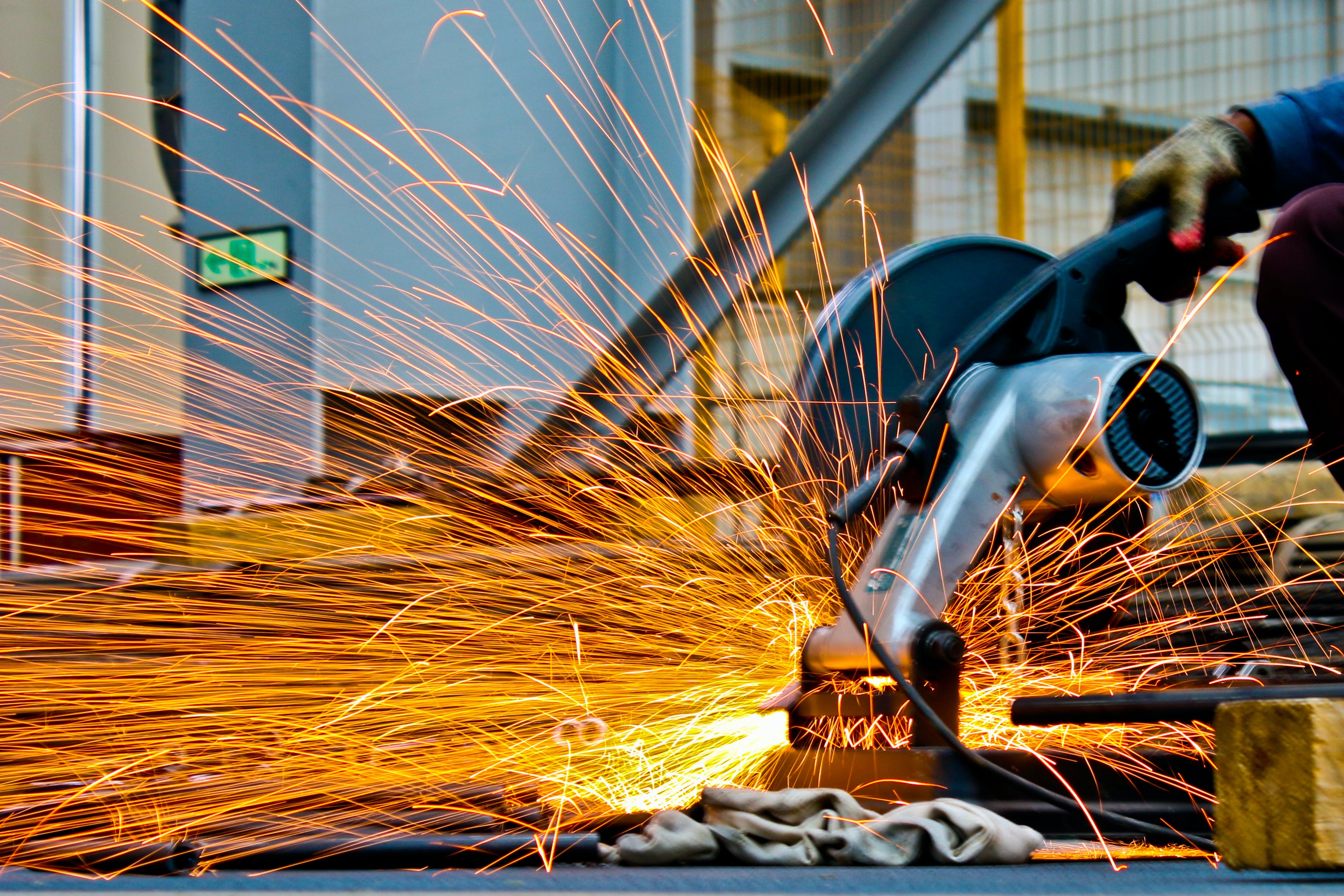VAE (ethylene-vinyl acetate copolymer) emulsion viscosity is an important quality indicator and has a significant impact on product mass transfer, heat transfer, fluid flow, emulsion stability and emulsion transportation. Monomer ratio, polymerization temperature, initiator, emulsifier system optimization, electrolyte additives, and storage conditions are all factors that affect the viscosity of VAE emulsion.
1. Monomer ratio
The selection and proportion of monomers directly affect the viscosity and other properties of VAE emulsion. The ratio of ethylene to vinyl acetate (VAc) is particularly critical. Generally speaking, VAE emulsions with a VAc content of 70% to 95% have higher viscosity. Increased VAc content will increase the flexibility and elasticity of the emulsion, and will also increase the viscosity of the emulsion.
2.Polymerization temperature control
Polymerization temperature is another important factor affecting the viscosity of VAE emulsion. Changes in temperature will affect the rate of free radical generation and the rate of polymerization. Generally speaking, within a suitable temperature range, an increase in temperature will speed up the polymerization reaction, causing the latex particles in the emulsion to grow rapidly, resulting in an increase in viscosity. However, too high a temperature may cause the emulsion to gel, affecting its quality and stability.
3.Initiator
The amount and type of initiator have a significant impact on the viscosity of VAE emulsions. Initiators mainly affect the rate of polymerization. When the amount of initiator is large, the polymerization reaction is fast, the number of generated latex particles increases, and the viscosity of the emulsion increases. However, excessive initiator may cause the reaction to be too fast and difficult to control, resulting in reduced emulsion performance. Different types of initiators generate different types of free radicals during the reaction and have different effects on the viscosity of the emulsion.
4. Emulsifier system optimization
The selection and dosage of emulsifier are crucial to the stability and viscosity of VAE emulsion. The main function of emulsifier is to reduce the surface tension of emulsion and promote monomer dispersion and emulsion formation. Appropriate emulsifier concentration and anionic/nonionic emulsifier ratio can improve the stability of the emulsion and also affect the viscosity of the emulsion. The degree of polymerization and alcoholysis of protective colloids such as PVA (polyvinyl alcohol) also significantly affect the viscosity of the emulsion. The higher the degree of polymerization of PVA, the greater the viscosity of the emulsion; the higher the degree of alcoholysis, the lower the viscosity of the emulsion.
5.Electrolyte additives
The addition of electrolyte additives can affect the viscosity and stability of VAE emulsions. Some electrolyte additives can compress the electric double layer of latex particles and reduce the electrostatic repulsion between latex particles, thereby increasing the viscosity of the emulsion. However, excessive amounts of electrolyte additives may cause aggregation in the emulsion, affecting its performance.
The factors that affect the viscosity of VAE emulsions include reaction time and rate, PH value, storage conditions and stability. In actual production and application, these factors need to be reasonably adjusted according to specific needs and conditions to obtain VAE emulsion products with excellent performance.
Website: www.elephchem.com
Whatsapp: (+)86 13851435272
E-mail: admin@elephchem.com
ElephChem Holding Limited, professional market expert in Polyvinyl Alcohol(PVA) and Vinyl Acetate–ethylene Copolymer Emulsion(VAE) with strong recognition and excellent plant facilities of international standards.
